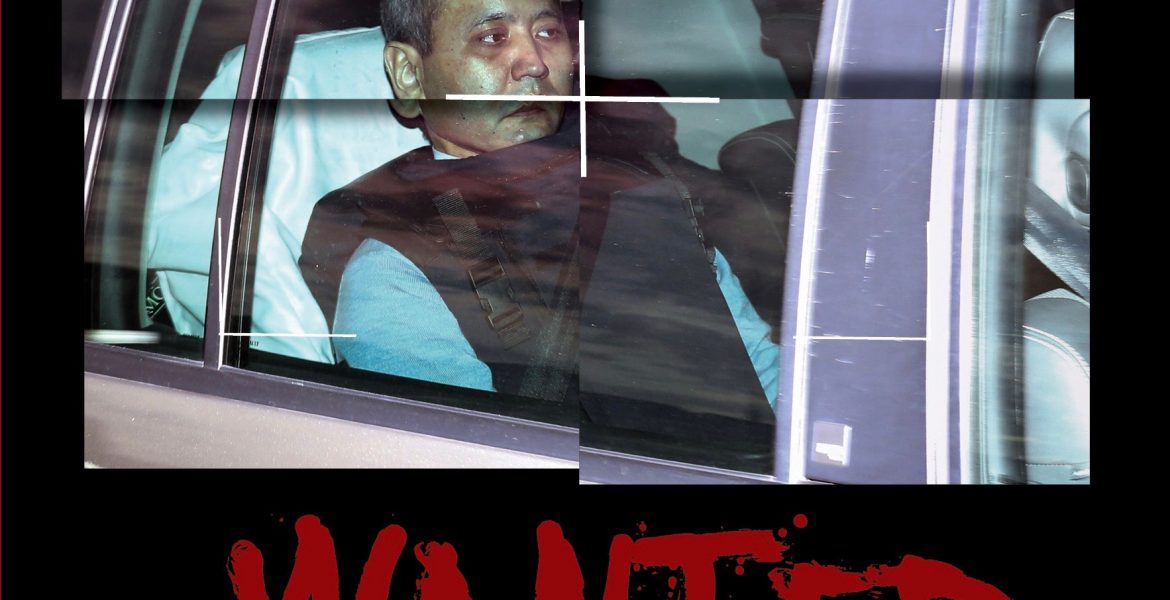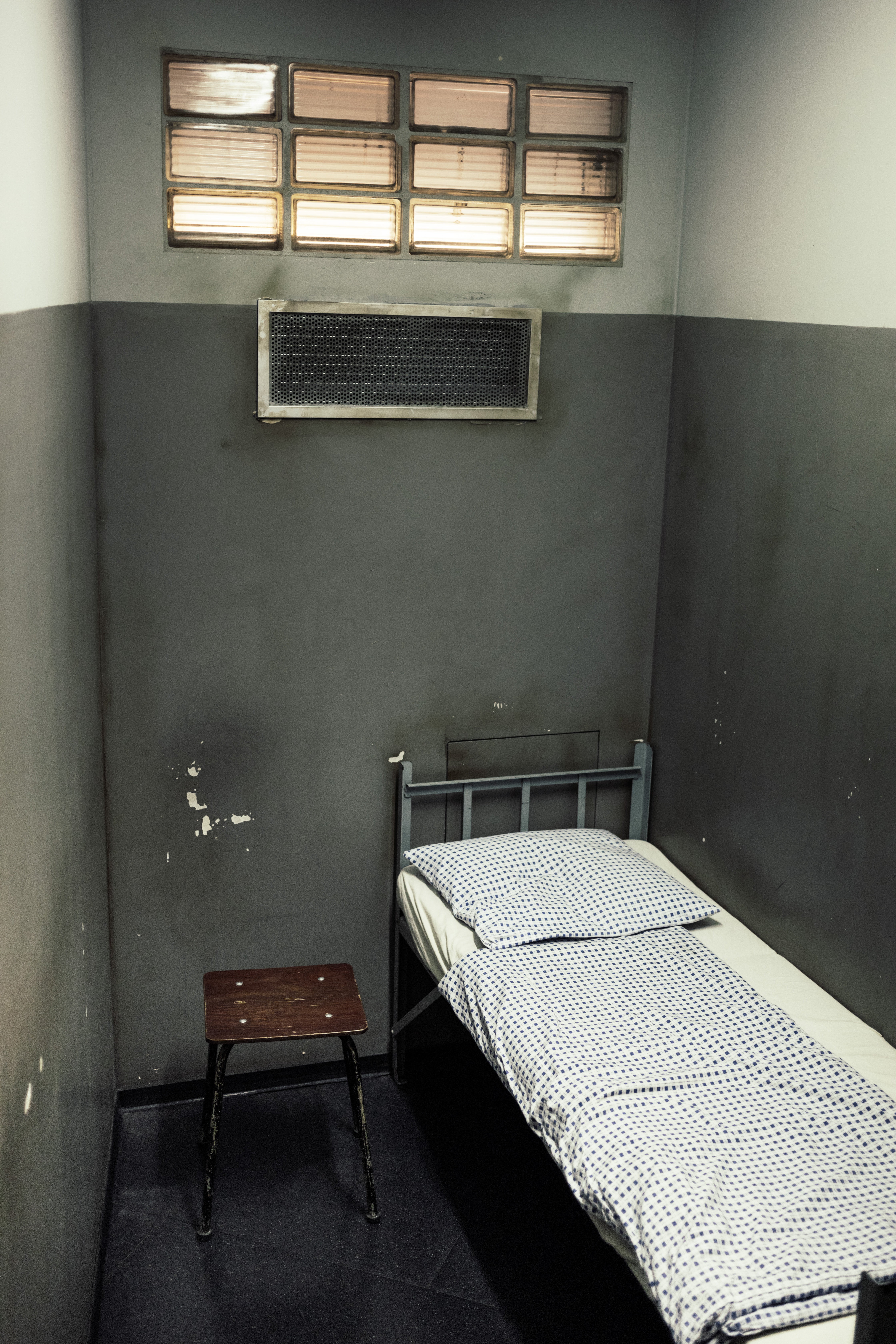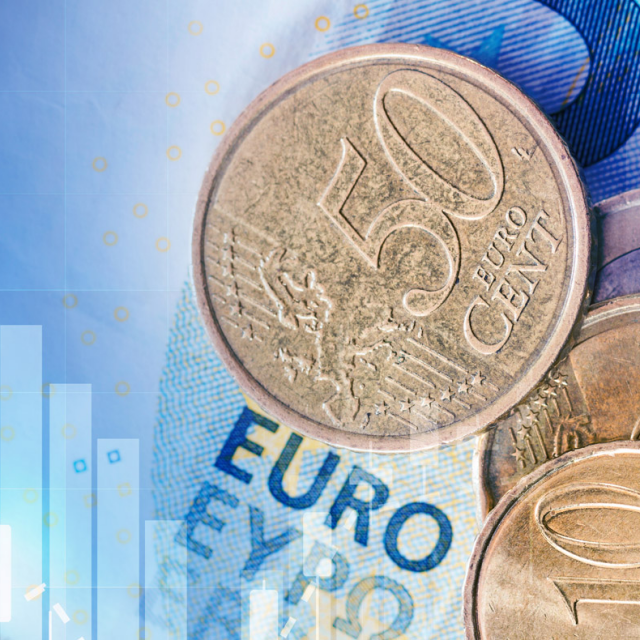Mukhtar Ablyazov, has been described by the British press as “the world’s richest fraudster” . His story begins in 1963 in a modest village in the southern region of Kazakhstan, and it takes us across continents, through bedrooms and boardrooms, courtrooms and prison cells, to the lofty heights of the U.S. Presidency.
This book, subtitled A Manual for Criminals on How to Avoid Punishment in the EU has been written by former European Parliament staff member Gary Cartwright, and was launched at the Brussels Press Club earlier this week.
It tells the story of a man, considered by many to be a financial genius, who rose from simple beginnings to become one of his country’s first post-Soviet entrepreneurs, a government minister, and ultimately the head of Kazakhstan’s largest financial institution, the BTA Bank, which he was to defraud of an estimated $7.6 billion.
Cartwright, who has spent almost two years researching the activities of Ablyazov, has woven together a tale that emerges not just as one of a prolific fraudster, but of a close knit and highly effective criminal syndicate that has links at the highest levels. “When I first started to understand what was going on here, I pitched the story to the British press. I was repeatedly told that the story was far too complex – it could never be explained in a single article, and in any case it was almost unbelievable. So I set myself the task of condensing it into an accessible book form”.
Ablyazov, had already served a short jail sentence in 2002 for “abusing official powers” when he assumed control of the BTA Bank after Yerzhan Tatishev, then head of the Bank, was killed in 2004 in what was described at the time as a ‘hunting accident.’ He died from a shot to the head whilst driving in a car with fellow hunters. The man responsible for his death, Muratkhan Tokmadi, a known criminal with strong links to organised crime, received a short jail sentence for causing Tatishev’s ‘death through negligence.’ He was later to confess to having carried out the killing deliberately, on the orders of Ablyazov himself.
Between taking control of the bank and the moment he fled the country in 2009, he had channelled billions through a network of over 1,000 offshore companies set up for the purpose, largely through the issue of loans that would never be repaid. Investors suffered heavy losses through his activities, including HSBC, Barclays, Morgan Stanley and Credit Suisse, as well as the Royal Bank of Scotland which had invested $1.8 billion of private pension funds with the bank. Very little of this money has been recovered.
Cartwright makes clear connections with other wanted criminals such as Viktor Khrapunov, a former Mayor of the city of Almaty, and the subject of no less than twenty criminal prosecutions who has been found guilty of defrauding the Kazakh state to the tune of some $300 million. Khrapunov’s son, Ilyas, who is married to Ablyazov’s eldest daughter is, like his father and his father-in-law, subject to multiple extradition warrants and is on Interpol’s Red List.
In August 2018, the High Court of England and Wales ruled that Ilyas Khrapunov had conspired with Mukhtar Ablyazov to swindle over $6 billion. Court documents openly suggest that some of this vast sum is likely to have been laundered through the real estate empire of US President Donald Trump.
The book also devotes a chapter to the controversial human rights NGO, the Warsaw-based Open Dialogue Foundation. It has been widely speculated that this NGO was set up by Ablyazov himself in order to sanitise his reputation and to present him as a victim of political persecution. Cartwright points out that a suspicious number of “politically persecuted” individuals represented by the NGO are, like the Khrapunovs, associated with Ablyazov himself, and also have convictions for money laundering as well as other offences. The author also draws attention to suspicious funding issues relating to the NGO itself.
Whilst telling the story in a light hearted and easily digestible manner, the book also contains copies of the many court judgements against Ablyazov. It will appeal to anyone curious to learn about the murky world of international fraud and money-laundering.




